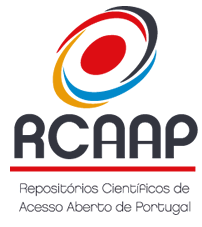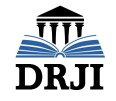Alchemical crossings in Psychology
DOI:
https://doi.org/10.5433/1679-0383.2014v35n2p91Keywords:
Analytical psychology, Alchemy, James HillmanAbstract
The objective of this article is to discuss the contributions of Alchemy to the field of Psychology, especially for Analytical Psychology as a proposal of an Alchemical Psychology, whose representatives highlighted here are Carl Gustav Jung and James Hillman. It is understood that the knowledge of Alchemy have been applied in various areas such as metallurgy, chemistry, philosophy, and it has a possible application in the field of Psychology. In this sense, it is observed that if to Jung the concepts of Alchemy interlace connections with the knowledge proposed by Analytical Psychology, on the other hand Hillman adopts this knowledge to develop a strategy for use in the field of psychotherapy, proposing to think alchemically. Thus, for this second author in the exercise of Psychology, the meetings with the patient go beyond the application of theories, constituting as a “do-soul” in the office. This is, more than translating symbols, it is proposed to “stay with the image”, with an attention from both the patient and the psychologist for that the words expressed in this dialogue does not become “wordthings” or be reduced to a unique meaning that tends to discard the image. It is hoped, through this work, to promote knowledge of the professionals about the Analytical Psychology and Alchemy Psychology in their connections with Alchemy and its reverberations in the field of psychotherapy in these approaches.Downloads
Downloads
Published
How to Cite
Issue
Section
License
Semina: Ciências Sociais e Humanas adopts the CC-BY-NC license for its publications, the copyright being held by the author, in cases of republication we recommend that authors indicate first publication in this journal.
This license allows you to copy and redistribute the material in any medium or format, remix, transform and develop the material, as long as it is not for commercial purposes. And due credit must be given to the creator.
The opinions expressed by the authors of the articles are their sole responsibility.
The magazine reserves the right to make normative, orthographic and grammatical changes to the originals in order to maintain the cultured standard of the language and the credibility of the vehicle. However, it will respect the writing style of the authors. Changes, corrections or suggestions of a conceptual nature will be sent to the authors when necessary.

















